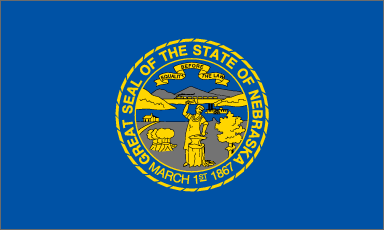All 11 incumbents seeking re-election to the Nebraska Senate will advance to the general election after winning their respective primary elections on May 10.
Since 2010, only one incumbent state senator has lost in a contested primary in Nebraska: Sen. Nicole Fox (R) in 2016.
Six of the incumbents running for re-election faced contested primaries with the remaining five guaranteed to advance due to a lack of challengers.
The following three races featuring incumbents remain too close to call, though the incumbents currently lead in vote totals and will likely advance. The closeness, instead, is to determine the second-place candidate:
- District 2: Sen. Robert Clements (R) leads with 54% of the vote. Challengers Janet Chung (D) and Sarah Slattery (D) are vying for the second spot.
- District 14: Sen. John Arch (R) leads with 58% of the vote. Challengers Rob Plugge (D) and Cori Villegas (D) are vying for the second spot.
- District 22: Sen. Mike Moser (R) leads with 76% of the vote. Challengers Mike Goos (D) and Roy Zach (NP) are vying for the second spot.
Nebraska uses nonpartisan, top-two primaries for its Senate where every candidate appears on the same primary ballot regardless and without party identification. The top-two vote-getters then advance to the general election.
Since candidates are not identified using party labels, Ballotpedia uses a mixture of candidate statements, party endorsements, and publicly available voter registration data to determine the partisan affiliations of incumbents and challengers.
Because of Nebraska's top-two system, two candidates from the same party can advance to the general election.
There are five races where two Republicans will compete in the general election and one race where two Democrats will compete. There are also two races where only one Republican candidate filed and will face no opposition in the general election. This list may grow as additional races are called.
Republicans hold a 31-17 majority in the state Senate, which currently has one vacancy. Senators are elected to four-year terms. This year, 24 of the 49 districts are holding elections.



